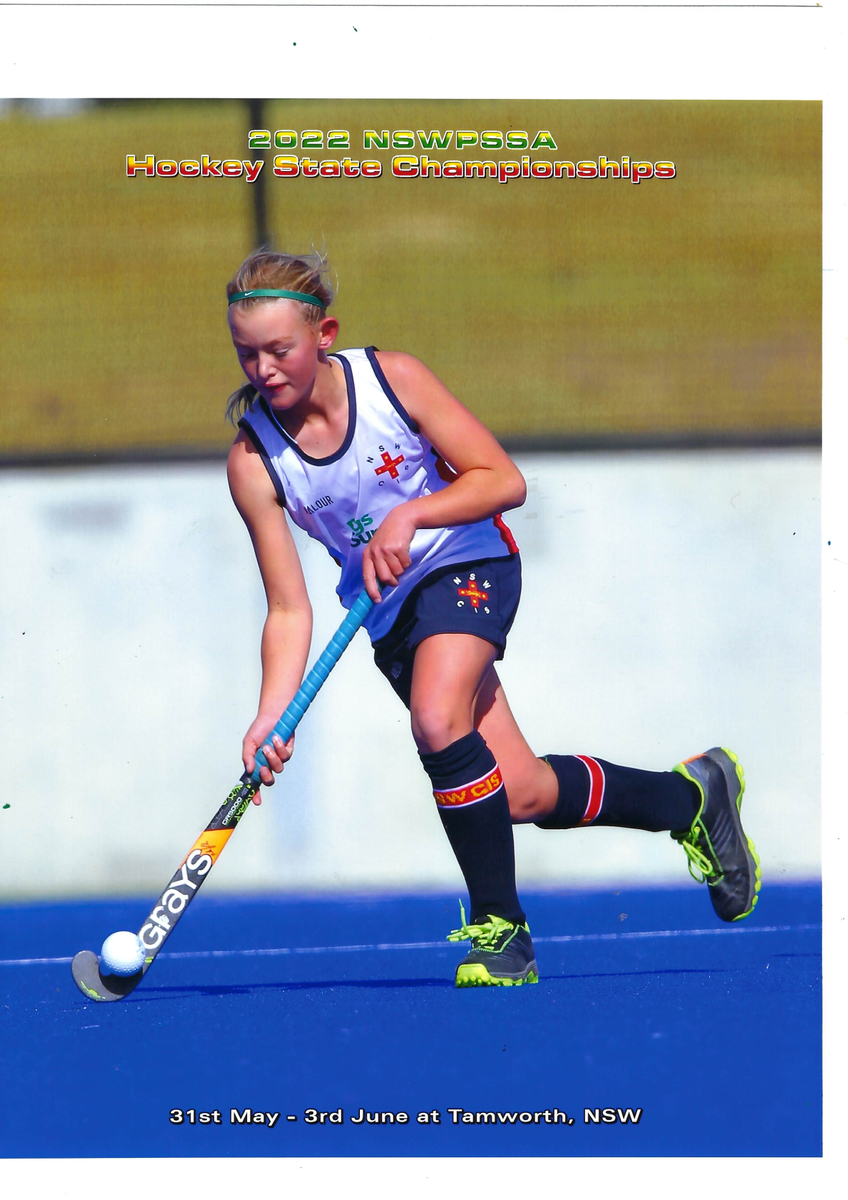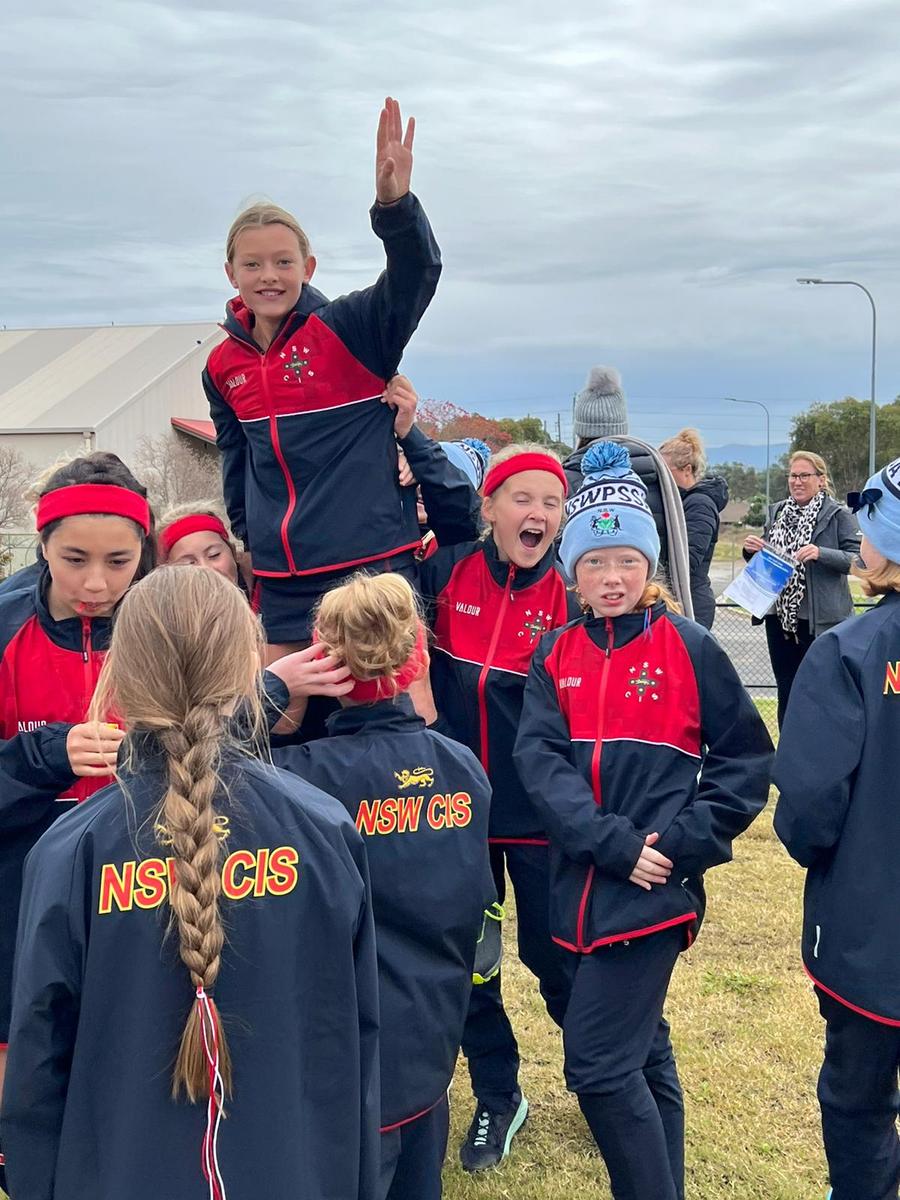From the
Head of Junior School
Mrs Denise Hayward
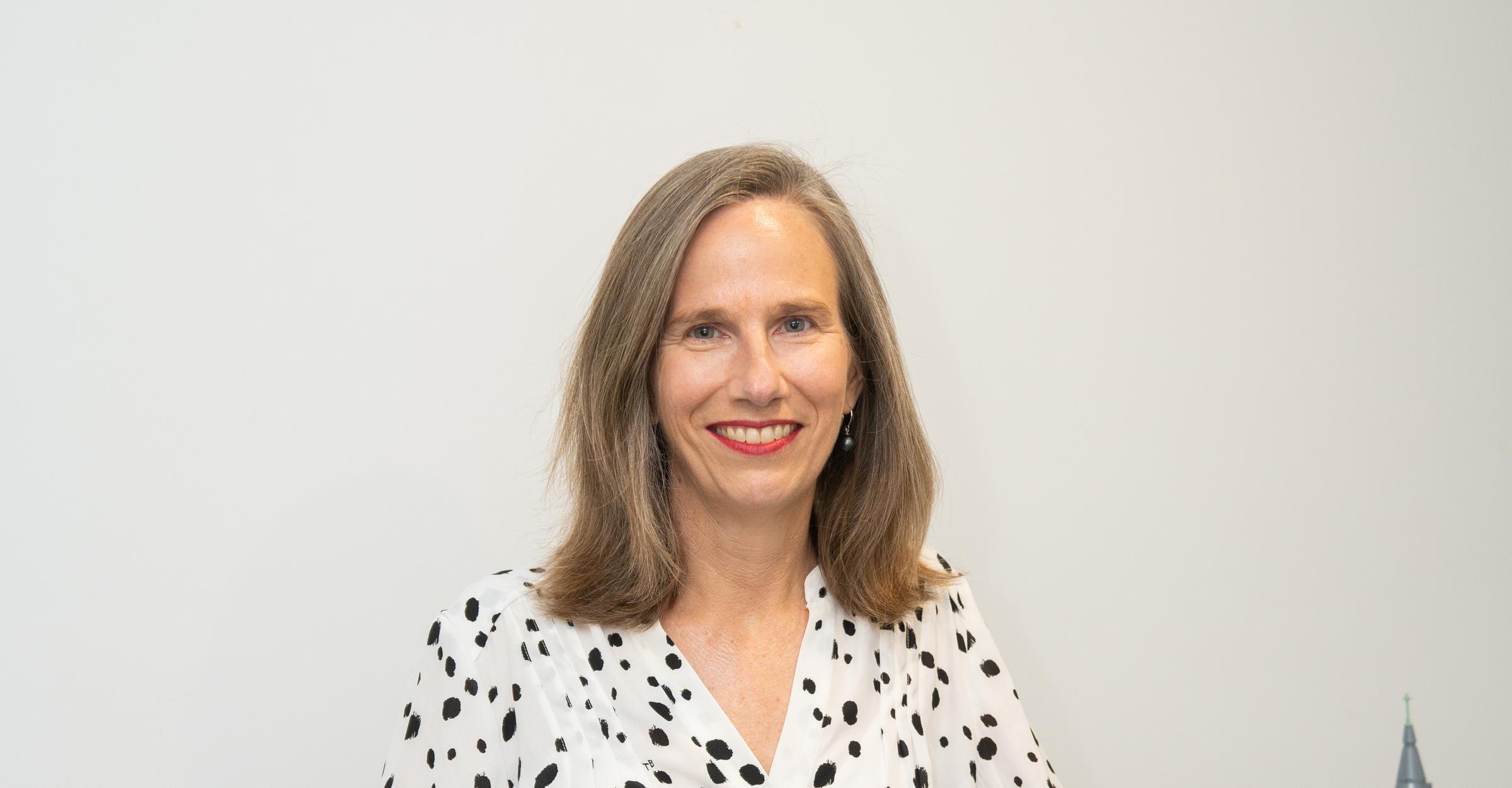
From the
Head of Junior School
Mrs Denise Hayward
This term I attended the Biannual IPSHA Australia Heads Conference. The conference was centred around the impact we as parents and the education community have on the development of children, with a particular focus on brain development. As a parent I listen and reflect on my own children and experience those pangs of “mother’s guilt”. As an educator I am inspired to reflect on current practice and what we might do differently.
One of our first speakers was neuroscience educator Nathan Wallis who focussed on the first 1000 days of a child’s life and the critical role this time has in defining later outcomes for our children and their future. The key message was the importance of relationships and interactions we have with our children. He reminded us that human development should not be seen as a race, but as a process, not a competition. He emphasised the importance of fostering positive social and emotional skills above pushing 3-7 year old’s towards early reading, writing or maths and the great importance of play for child development.
There is a lot of research regarding the importance of a baby’s first 1000 days of development. Aside from the obvious physical development which takes place from conception, this timeframe is absolutely crucial for brain development. It is the period when the brain has the most plasticity, by the time a child turns 3, their brain will have reached 80% of its adult size. In fact, the relationships, experiences, and environments that a child is exposed to during this time lay the foundation for all development that follows. To put it simply: the more complex the environment, the more complex the brain development.
Dr Cam McDonald took us to the other end of brain development research to the fully developed brain. Along the way he drew on the importance of individuals understanding the strengths of their unique biology and the impact on brain function and energy just by thinking, acting, or eating the right thing for your brain. If your brain is strong, fresh, and energised, you feel it. If it is tired, stressed, and drained, life and general daily commitments aren’t so much fun. The right action at the right time can mean the difference between coming home and being snappy, moody, and just dead tired, and coming home motivated to make the most of your night or weekend.
Neuroscience tells us that each brain is genetically different and understanding that different brains and bodies actually need a unique form of support to work at their best is the future of maximising health and productivity. He spoke of the concept of inter individual variability, the fact that between 20% and 80% of people might respond to a particular approach. This has great significance in the education sector, an avenue to explore further as to how we can continue to work towards delivering more precision intervention strategies. What do we need to know about the students in our School in order for this to happen?
The art and science of teaching has come a long way since I stepped into my first classroom in 1991. Instruction is no longer lecturing to students who sit in rows at desks, dutifully listening and recording what they hear, but, rather, offers every child a rich, rewarding, and unique learning experience. It now extends into the home and the community and around the world. Information isn't bound primarily in books; it's available everywhere in bits and bytes. Students aren't just consumers of facts. They are active creators of knowledge. Schools aren't just brick-and-mortar structures - they're centres of lifelong learning.
Today, the seeds of such a dramatic transformation in education are being planted. Prompted by massive revolutions in knowledge and information technology schools nationwide are restructuring themselves. All of this takes time and tremendous energy by those working in schools as staff continue to teach while planning future directions in a world of rapidly increasing information on how students learn.
At Kinross Wolaroi, our staff are looking at their relationships with students, colleagues, and the community; the tools and techniques they employ; their responsibilities and the partnerships with parents; the form and content of curriculum; what standards are set and how to assess whether they are being met; their preparation as teachers and their ongoing professional development; and the very structure of the school in which they work.
Our teachers understand that the essence of education is a close relationship between a knowledgeable, caring adult and a secure, motivated child. They grasp their most important role is to get to know each student as an individual in order to comprehend his or her unique needs, learning style, social and cultural background, interests and abilities.
They know their job is to counsel students as they grow and mature - helping them integrate their social, emotional, and intellectual growth -so the union of these sometimes separate dimensions yields the abilities to seek, understand and use knowledge; to make better decisions in their personal lives; and to value contributing to society. Tuning in to how students really learn prompts us to reject teaching that is primarily lecture based in favour of instruction that challenges students to take an active role in learning.
In 2022, the day-to-day job of a teacher, rather than broadcasting content, is becoming one of designing and guiding students through engaging learning opportunities. Our most important responsibility is to search out and construct meaningful educational experiences that allow students to solve real-world problems and show they have learned the big ideas, powerful skills, and habits of mind and heart that meet agreed-on educational standards.
For this reason, we are becoming a Round Square School. We are looking at the what and how of our educational offering. We are looking at contextualising the concepts we teach by embedding learning in contexts that students are familiar with so they will more readily understand and assimilate them. This approach is grounded in constructionist learning theory, which holds that people learn better when encouraged to construct relevance between the learning they receive, and interpretation of the learning within the context of their own environments.
All of this takes considerable time and can only happen through active partnerships with families who know their children the best and share this information with the School. At KWS we welcome conversations with parents. These are not confined to meetings twice a year but can happen at any time.
We are looking forward to seeing parents on Thursday 16 June at our URStrong Information Night. In Term 3 our teachers are looking forward to meeting with parents and students in learning conferences to better understand the students we teach and what motivates them.
Kinross Wolaroi Junior School is a thriving learning community, where staff work with students, so they recognise and apply their own unique combination of strengths as they explore how to be the best version of themselves inside and outside school. The heart of what we do each and every day is develop in students a thirst for learning, not so they can grow up to be something but rather so they can answer the invitation to think about what kind of person they want to be — and about all the different things they might want to do.
Register to attend our Parent and Carers information session facilitated by; Denise Hayward (Head of Junior School), Virginia Milliken (Director of Junior School - Wellbeing), Amy Newsome (School Psychologist) and Bec Campey (School Psychologist)
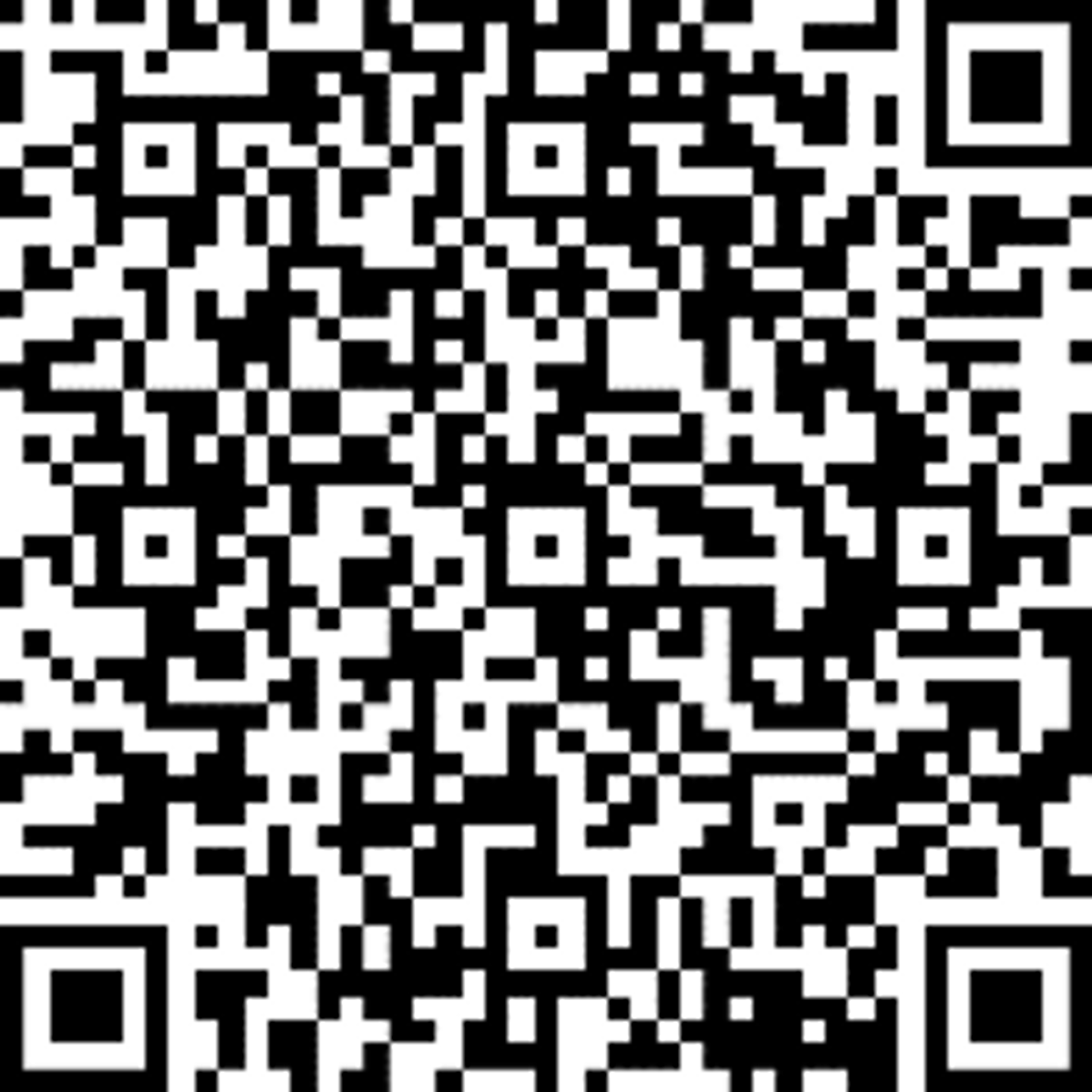

Date: Thursday 16 June 2022
Location: The Glasshouse in the Junior School
RSVP: Thursday 9 June 2022
RSVP Form or QR Code
At Kinross Wolaroi we value and strive for academic rigor. Students have a myriad of opportunities to engage in enriching learning experiences which in some instances the School provides or facilitates student access to them. Please share with us your child’s interest, passions, and achievements by emailing junioroffice@kws.nsw.edu.au.
Emily Lawrie has been riding up a storm, recently playing in the sub juniors Canberra Royals Polocross carnival at Bungendore. Thankfully the weather was perfect where Emmie played 2 games of two chukkas each on the Saturday with much enthusiasm. Sunday saw another two games, with fresh ponies riding a solid buck jumper mid field, went on to change mounts where she and Taffy played good defence and had strong ball play in the air. Emily enjoys traveling to carnivals with her family and is looking forward to her next carnival which will be her club carnival in a few weeks with some more Sub Junior Polocross.

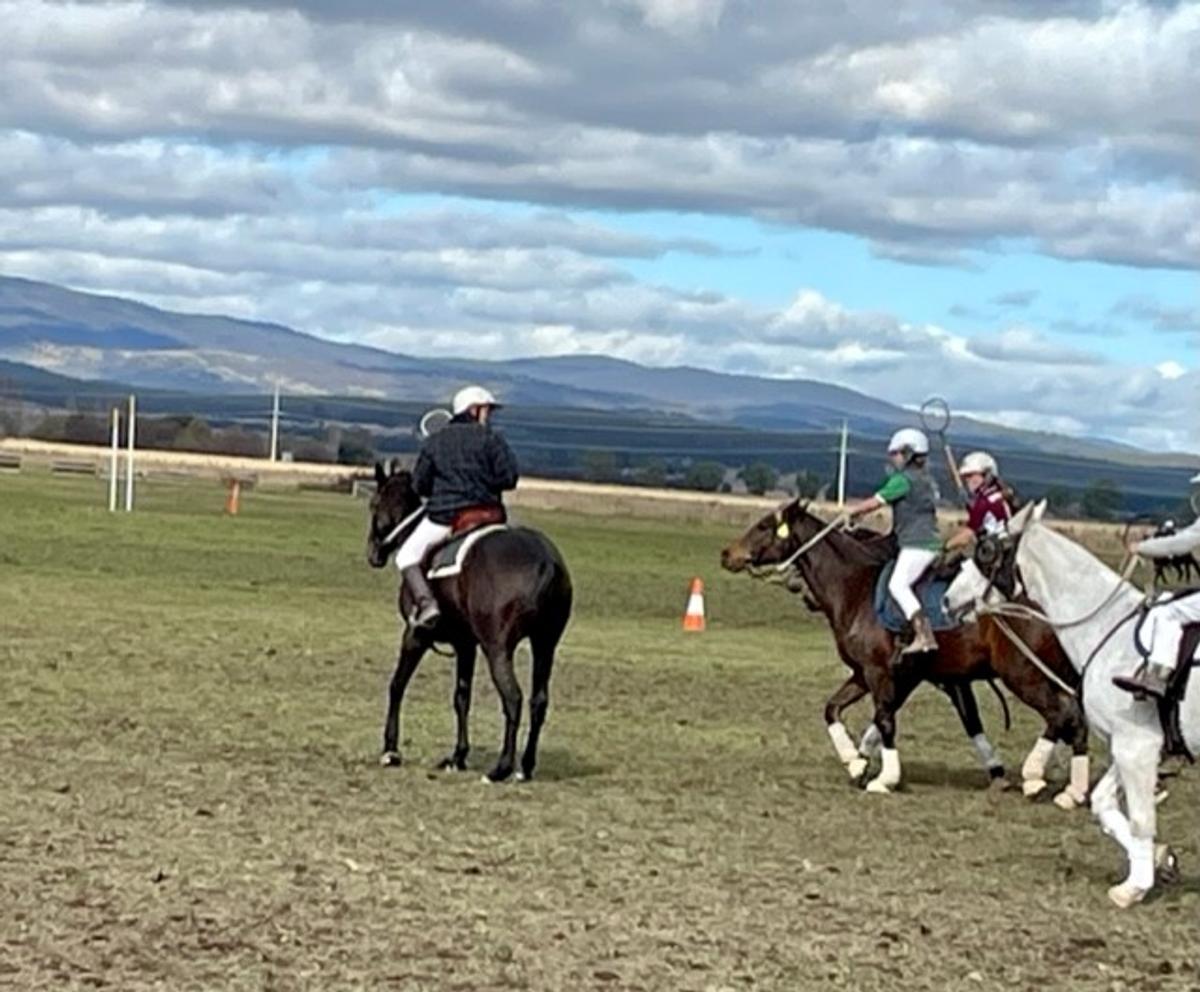
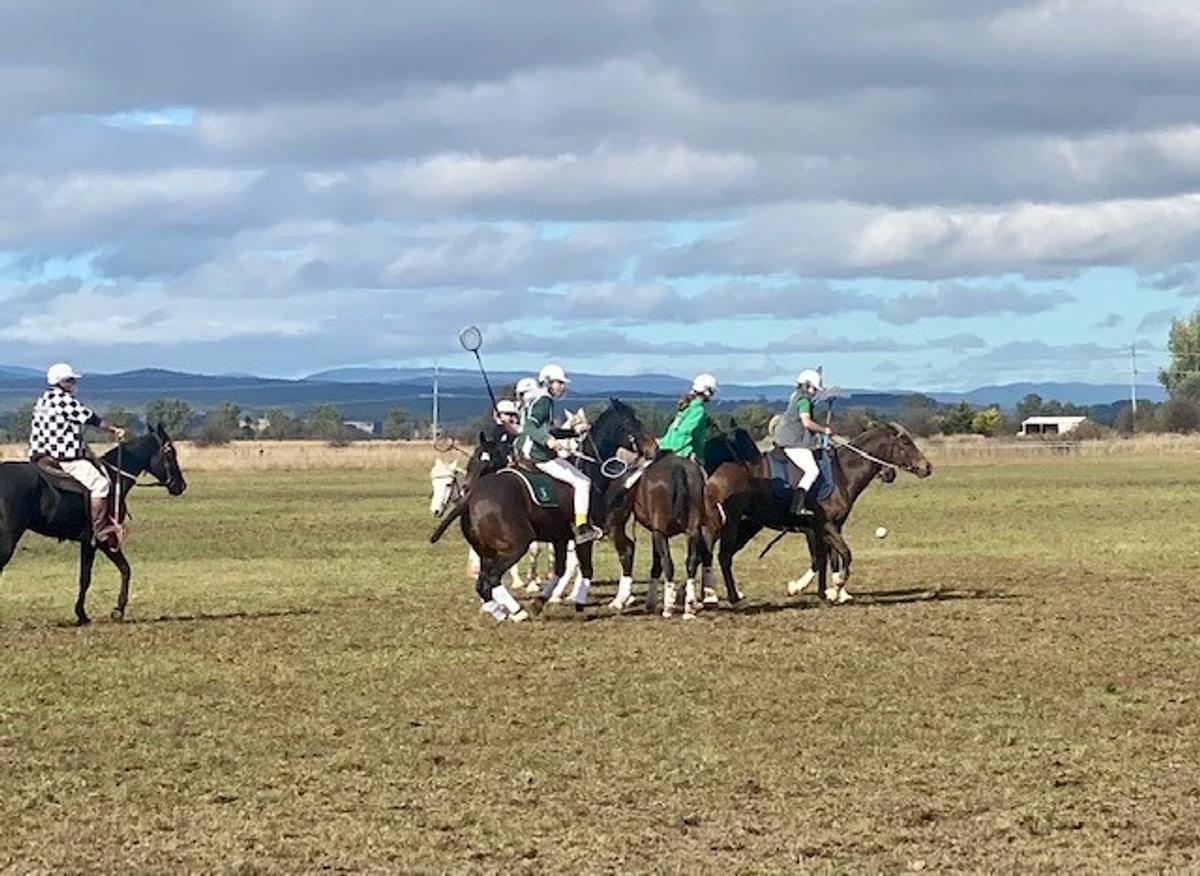



I am very proud to announce the winners of our Big Dreams Born Here completion. Zaro Jalal in Year 5 was the winner of the 8- 12 category and George Alexander in the Under 8 category. I look forward to working with Zaro on how we can continue to build his dreams.
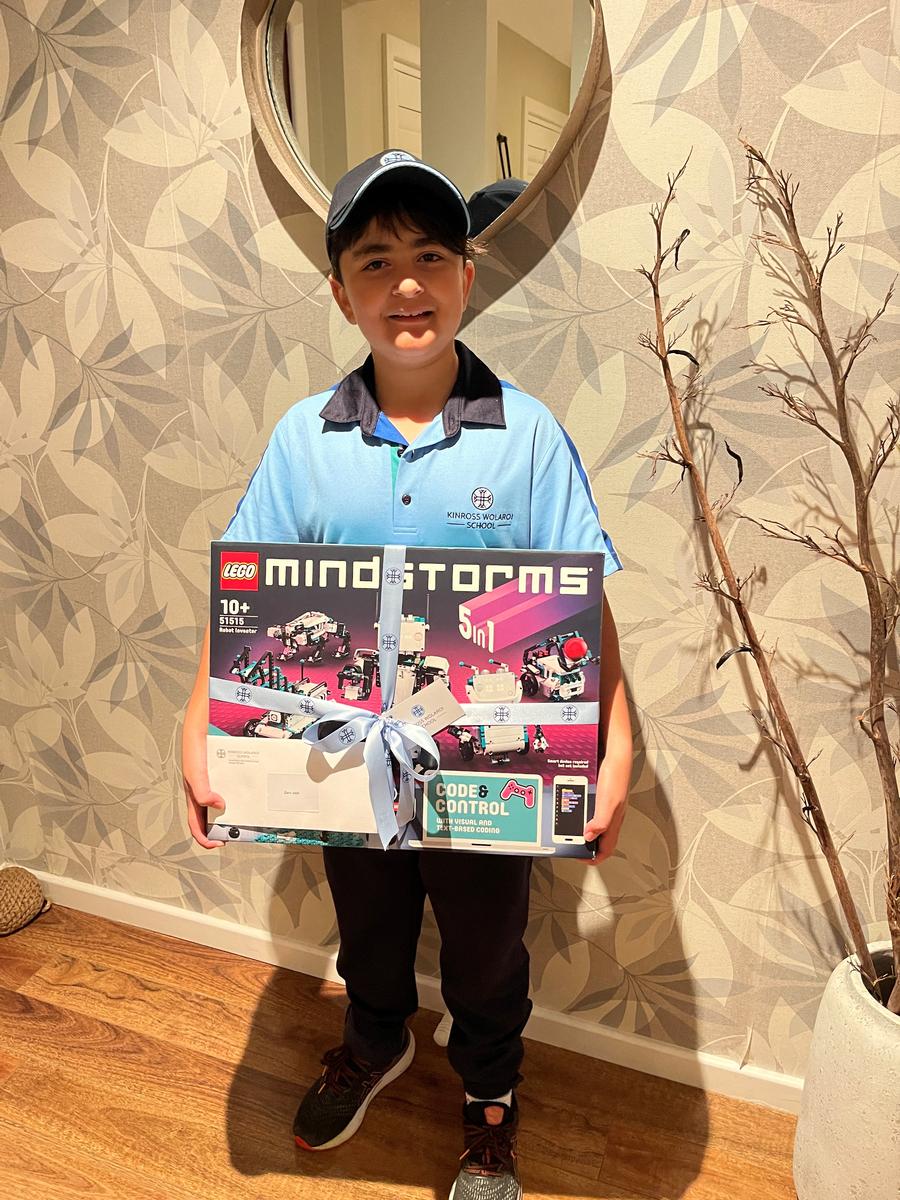
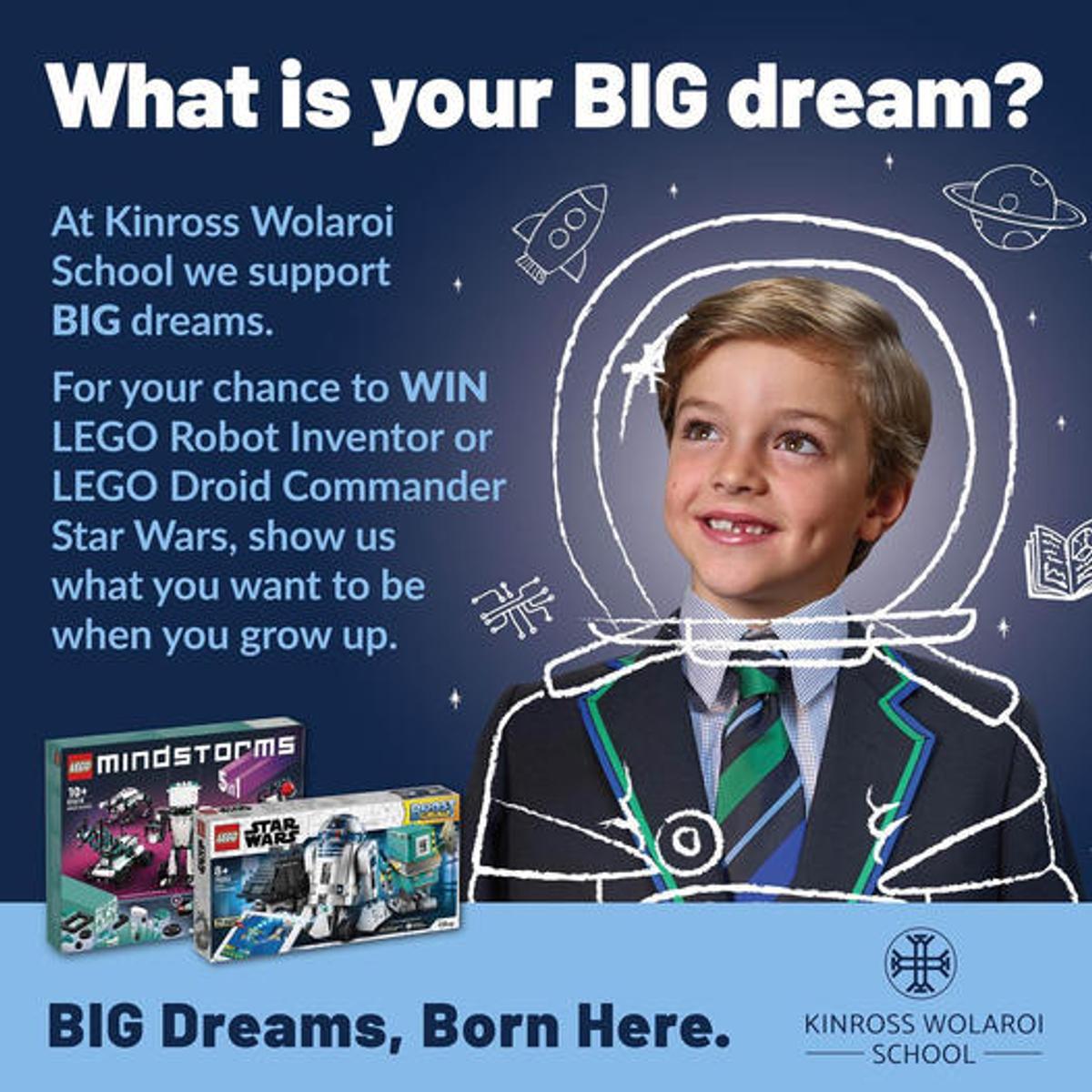


Zoe Strahorn competes at NSWPSSA Hockey Championships
Last week Zoe Strahorn competed at the NSWPSSA Hockey Championships representing KWS in the CIS team. It was a week long tournament in Tamworth with 13 representative teams competing. The CIS team was made up of girls selected from independent schools across NSW. After 3 days of competition the CIS team finished in the top 4 teams of the tournament to qualify for the semi finals. In a nail-biting semi with neither teams scoring in the first half, CIS lost to Mackillop 0-2 who went on to win the overall Championship.
When asked what were the key takeaways from playing in the CIS team, Zoe said, “Getting to play with people I hadn’t met before, the quality of the coaching from Mrs Johnston from Queenwood and Mrs Penn from Abbotsleigh, making the semi finals and leaving the tournament having made great new friends with team mates who also love hockey.”
